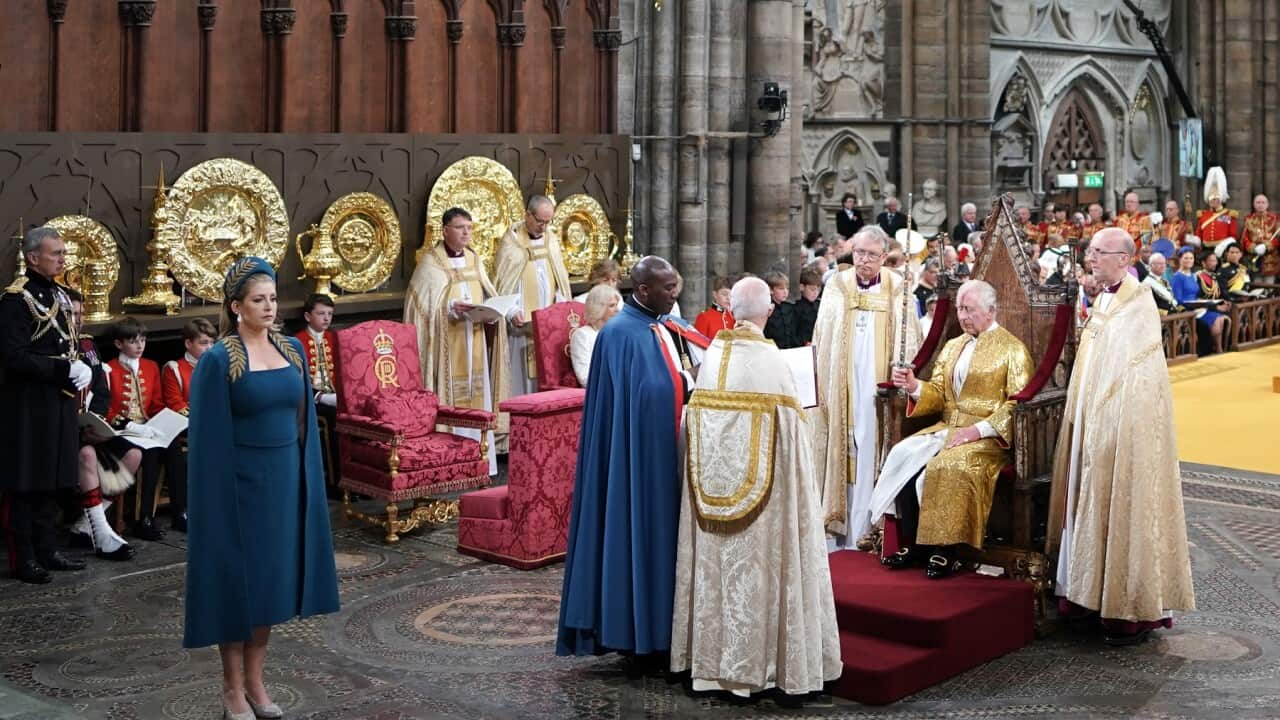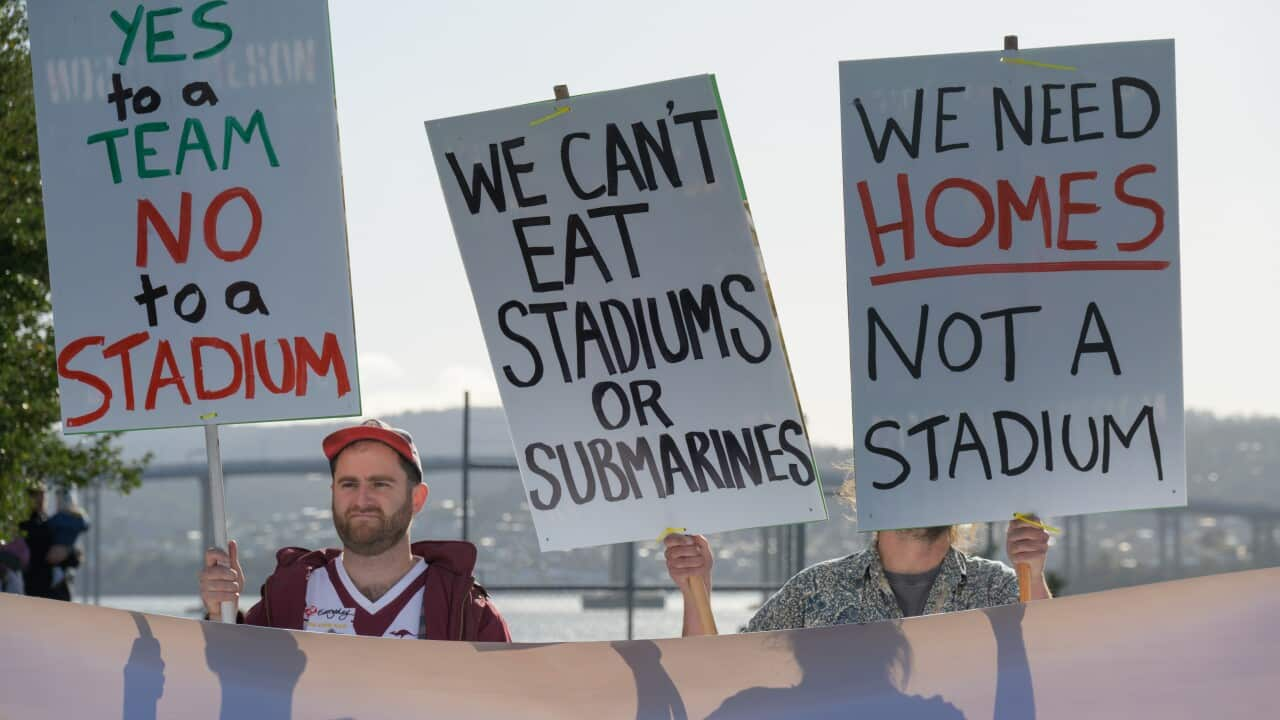In recent years, many carriers come from different countries, such as, Middle East and Asia, challenge the international flight in Australia. After 1997 (43 per cent), Australian airline industry (Qantas group, Virgin Australia group) continuously lose market share of Australia international flight until end of 2017 (lowest point, 29.9 per cent).
According to the Bureau of Infrastructure, Transport and Regional Economics, combined market share of Qantas, Jetstar and Virgin Australia has improved to 31.6 per cent in January. Qantas takes 1st with around 16 per cent of market share. From 2nd to 4th market share takes from Jetstar, Singapore Airline, Emirates, around 7~8 per cent shares each.
5th is Air New Zealand, 6th is Virgin Australia, 7th is Cathay Pacific, 8th is China Southern Airline, 9th is Air Asia X, 10th is Qatar Airline, and 11th is Etihad.
David Beirman, tourism lecturer at the University of Technology Sydney, argued, because of safety reputation, Australian airlines still have competitiveness in the market. Also, Australian Full-Service Carrier (FSC) make significant promotions to business travelers and add more investment in upgrade the lounge inside airport. Its solutions are successful for maintain the international flight market share.
The market moves to more competitive, because of increase of oil price, using smaller airplane model and demand of flight is decreased. So, to keep this market share, Australian airline industry should make more investment in this trend and accept the needs from business customers.




